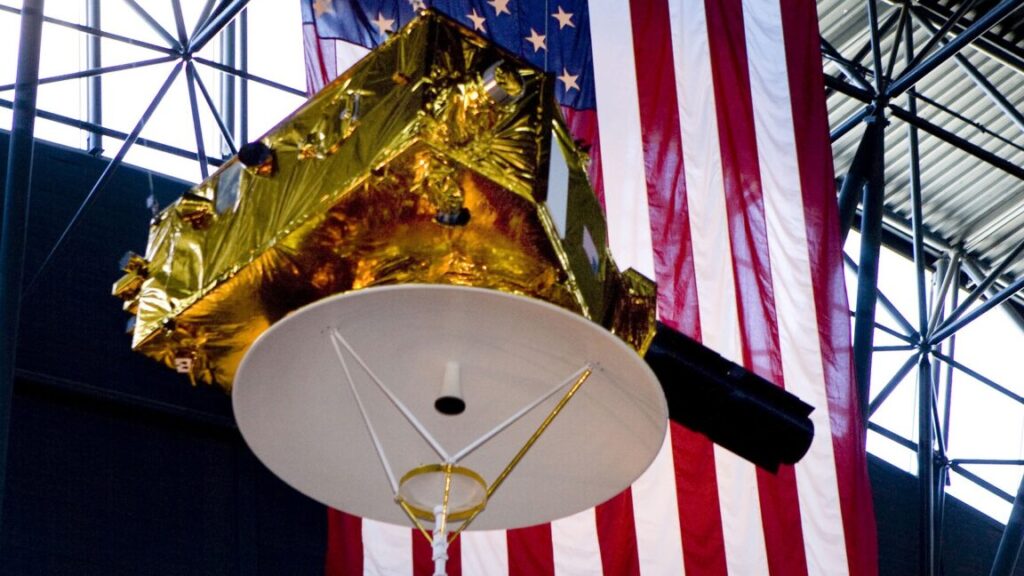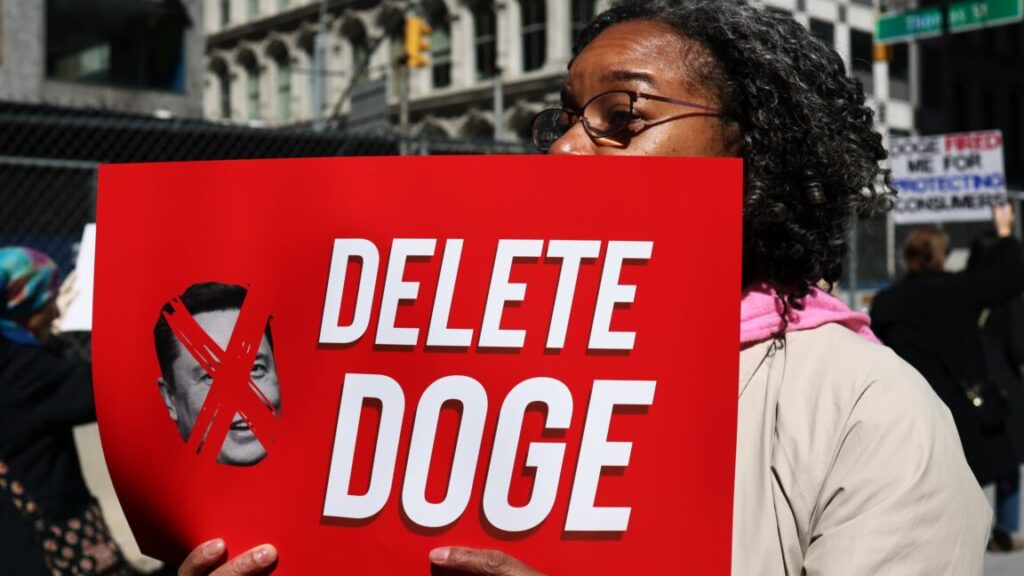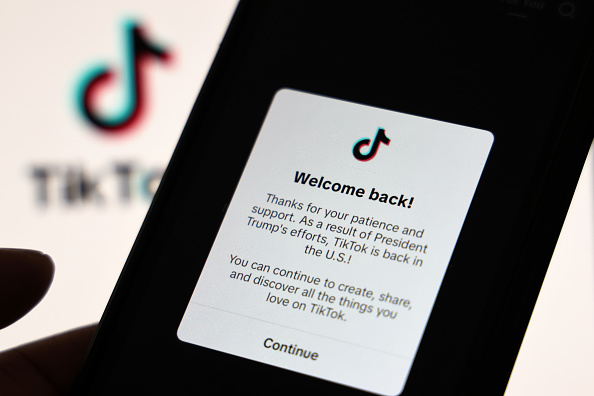Scientists: It’s do or die time for America’s primacy exploring the Solar System
“When you turn off those spacecraft’s radio receivers, there’s no way to turn them back on.”
A life-size replica of the New Horizons spacecraft on display at the Smithsonian National Air and Space Museum’s Steven F. Udvar-Hazy Center near Washington Dulles International Airport in Northern Virginia. Credit: Johns Hopkins University Applied Physics Laboratory
Federal funding is about to run out for 19 active space missions studying Earth’s climate, exploring the Solar System, and probing mysteries of the Universe.
This year’s budget expires at the end of this month, and Congress must act before October 1 to avert a government shutdown. If Congress passes a budget before then, it will most likely be in the form of a continuing resolution, an extension of this year’s funding levels into the first few weeks or months of fiscal year 2026.
The White House’s budget request for fiscal year 2026 calls for a 25 percent cut to NASA’s overall budget, and a nearly 50 percent reduction in funding for the agency’s Science Mission Directorate. These cuts would cut off money for at least 41 missions, including 19 already in space and many more far along in development.
Normally, a president’s budget request isn’t the final say on matters. Lawmakers in the House and Senate have written their own budget bills in the last several months. There are differences between each appropriations bill, but they broadly reject most of the Trump administration’s proposed cuts.
Still, this hasn’t quelled the anxieties of anyone with a professional or layman’s interest in space science. The 19 active robotic missions chosen for cancellation are operating beyond their original design lifetime. However, in many cases, they are in pursuit of scientific data that no other mission has a chance of collecting for decades or longer.
A “tragic capitulation”
Some of the mission names are recognizable to anyone with a passing interest in NASA’s work. They include the agency’s two Orbiting Carbon Observatory missions monitoring data signatures related to climate change, the Chandra X-ray Observatory, which survived a budget scare last year, and two of NASA’s three active satellites orbiting Mars.
And there’s New Horizons, a spacecraft that made front-page headlines in 2015 when it beamed home the first up-close pictures of Pluto. Another mission on the chopping block is Juno, the world’s only spacecraft currently at Jupiter.
Both spacecraft have more to offer, according to the scientists leading the missions.
“New Horizons is perfectly healthy,” said Alan Stern, the mission’s principal investigator at Southwest Research Institute (SWRI). “Everything on the spacecraft is working. All the spacecraft subsystems are performing perfectly, as close to perfectly as one could ever hope. And all the instruments are, too. The spacecraft has the fuel and power to run into the late 2040s or maybe 2050.”
New Horizons is a decade and more than 2.5 billion miles (4.1 billion kilometers) beyond Pluto. The probe flew by a frozen object named Arrokoth on New Year’s Day 2019, returning images of the most distant world ever explored by a spacecraft. Since then, the mission has continued its speedy departure from the Solar System and could become the third spacecraft to return data from interstellar space.

Alan Stern, leader of NASA’s New Horizons mission, speaks during the Tencent WE Summit at Beijing Exhibition Theater on November 6, 2016, in China. Credit: Visual China Group via Getty Images
New Horizons cost taxpayers $780 million from the start of development through the end of its primary mission after exploring Pluto. The project received $9.7 million from NASA to cover operations costs in 2024, the most recent year with full budget data.
It’s unlikely New Horizons will be able to make another close flyby of an object like it did with Pluto and Arrokoth. But the science results keep rolling in. Just last year, scientists announced the news that New Horizons found the Kuiper Belt—a vast outer zone of hundreds of thousands of small, icy worlds beyond the orbit of Neptune—might extend much farther out than previously thought.
“We’re waiting for government, in the form of Congress, the administration, to come up with a funding bill for FY26, which will tell us if our mission is on the chopping block or not,” Stern said. “The administration’s proposal is to cancel essentially every extended mission … So, we’re not being singled out, but we would get caught in that.”
Stern, who served as head of NASA’s science division in 2007 and 2008, said the surest way to prevent the White House’s cuts is for Congress to pass a budget with specific instructions for the Trump administration.
“The administration ultimately will make some decision based on what Congress does,” Stern said. “If Congress passes a continuing resolution, then that opens a whole lot of other possibilities where the administration could do something without express direction from Congress. We’re just going to have to see where we end up at the end of September and then in the fall.”
Stern said shutting down so many of NASA’s science missions would be a “tragic capitulation of US leadership” and “fiscally irresponsible.”
“We’re pretty undeniably the frontrunner, and have been for decades, in space sciences,” Stern said. “There’s much more money in overruns than there is in what it costs to run these missions—I mean, dramatically. And yet, by cutting overruns, you don’t affect our leadership position. Turning off spacecraft would put us in third or fourth place, depending on who you talk to, behind the Chinese and the Europeans at least, and maybe behind others.”
Stern resigned his job as NASA’s science chief in 2008 after taking a similar stance arguing against cuts to healthy projects and research grants to cover overruns in other programs, according to a report in Science Magazine.
An unforeseen contribution from Juno
Juno, meanwhile, has been orbiting Jupiter since 2016, collecting information on the giant planet’s internal structure, magnetic field, and atmosphere.
“Everything is functional,” said Scott Bolton, the lead scientist on Juno, also from SWRI. “There’s been some degradation, things that we saw many years ago, but those haven’t changed. Actually, some of them improved, to be honest.”
The only caveat with Juno is some radiation damage to its camera, called JunoCam. Juno orbits Jupiter once every 33 days, and the trajectory brings the spacecraft through intense radiation belts trapped by the planet’s powerful magnetic field. Juno’s primary mission ended in 2021, and it’s now operating in an extended mission approved through the end of this month. The additional time exposed to harsh radiation is, not surprisingly, corrupting JunoCam’s images.
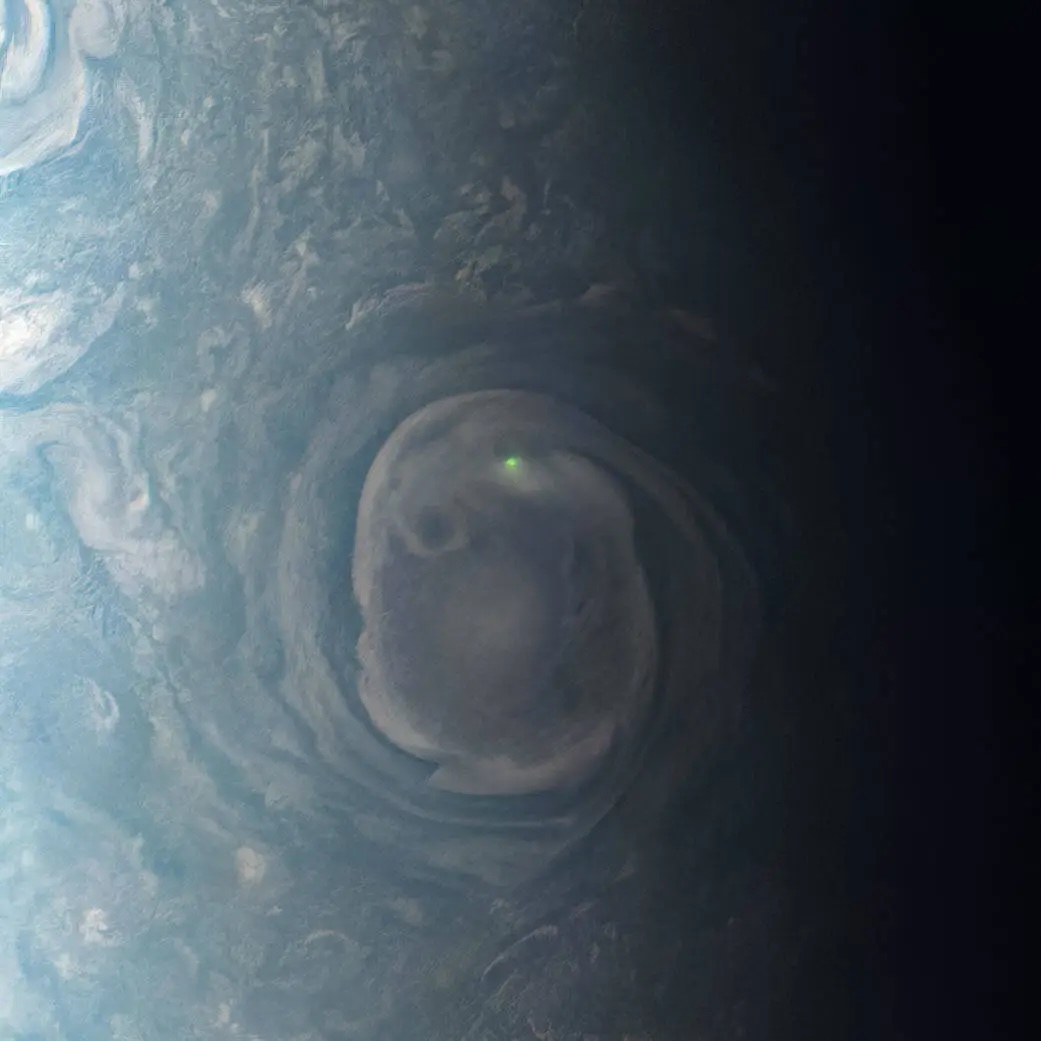
NASA’s Juno mission observed the glow from a bolt of lightning in this view from December 30, 2020, of a vortex near Jupiter’s north pole. Citizen scientist Kevin M. Gill processed the image from raw data from the JunoCam instrument aboard the spacecraft. Credit: NASA/JPL-Caltech/SwRI/MSSS Image processing by Kevin M. Gill © CC BY
In an interview with Ars, Bolton suggested the radiation issue creates another opportunity for NASA to learn from the Juno mission. Ground teams are attempting to repair the JunoCam imager through annealing, a self-healing process that involves heating the instrument’s electronics and then allowing them to cool. Engineers sparingly tried annealing hardware space, so Juno’s experience could be instructive for future missions.
“Even satellites at Earth experience this [radiation damage], but there’s very little done or known about it,” Bolton said. “In fact, what we’re learning with Juno has benefits for Earth satellites, both commercial and national security.”
Juno’s passages through Jupiter’s harsh radiation belts provide a real-world laboratory to experiment with annealing in space. “We can’t really produce the natural radiation environment at Earth or Jupiter in a lab,” Bolton said.
Lessons learned from Juno could soon be applied to NASA’s next probe traveling to Jupiter. Europa Clipper launched last year and is on course to enter orbit around Jupiter in 2030, when it will begin regular low-altitude flybys of the planet’s icy moon Europa. Before Clipper’s launch, engineers discovered a flaw that could make the spacecraft’s transistors more susceptible to radiation damage. NASA managers decided to proceed with the mission because they determined the damage could be repaired at Jupiter with annealing.
“So, we have rationale to hopefully continue Juno because of science, national security, and it sort of fits in the goals of exploration as well, because you have high radiation even in these translunar orbits [heading to the Moon],” Bolton said. “Learning about how to deal with that and how to build spacecraft better to survive that, and how to repair them, is really an interesting twist that we came by on accident, but nevertheless, turns out to be really important.”
It cost $28.4 million to operate Juno in 2024, compared to NASA’s $1.13 billion investment to build, launch, and fly the spacecraft to Jupiter.
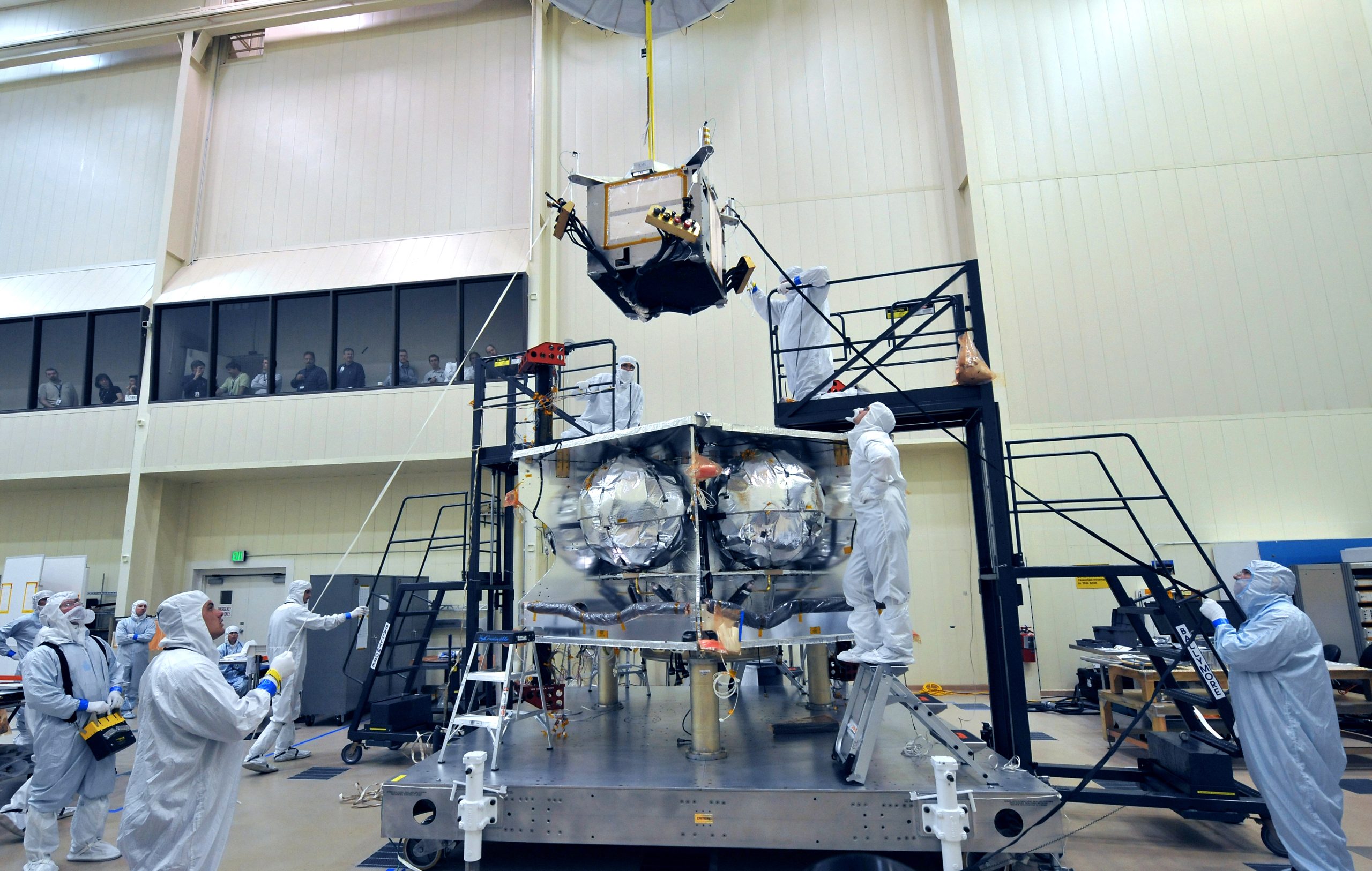
On May 19, 2010, technicians oversee the installation of the large radiation vault onto NASA’s Juno spacecraft propulsion module. This protects the spacecraft’s vital flight and science computers from the harsh radiation at Jupiter. Credit: Lockheed Martin
“We’re hoping everything’s going to keep going,” Bolton said. “We put in a proposal for three years. The science is potentially very good. … But it’s sort of unknown. We just are waiting to hear and waiting for direction from NASA, and we’re watching all of the budget scenarios, just like everybody else, in the news.”
NASA headquarters earlier this year asked Stern and Bolton, along with teams leading other science missions coming under the ax, for an outline of what it would take and what it would cost to “close out” their projects. “We sent something that was that was a sketch of what it might look like,” Bolton said.
A “closeout” would be irreversible for at least some of the 19 missions at risk of termination.
“Termination doesn’t just mean shutting down the contract and sending everybody away, but it’s also turning the spacecraft off,” Stern said. “And when you turn off those spacecraft’s radio receivers, there’s no way to turn them back on because they’re off. They can never get a command in.
“So, if we change our mind, we’ve had another election, or had some congressional action, anything like that, it’s really terminating the spacecraft, and there’s no going back.”
Scientists: It’s do or die time for America’s primacy exploring the Solar System Read More »
